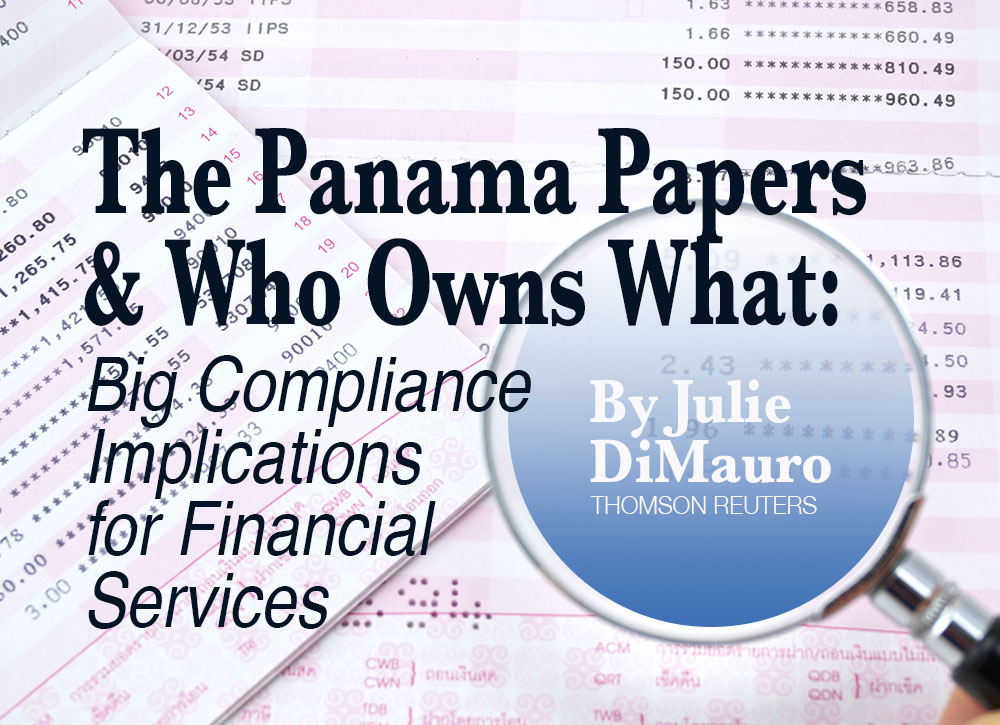TRACE International, the leading global anti-bribery standard setting organization, recently published the third in its biennial How to Pay a Bribe: Thinking Like a Criminal to Thwart Bribery Schemes series. The collection offers an insider’s view on how bribery and corruption impact international business, making it an excellent instructional tool for compliance practitioners.
In a four-part series published exclusively on Corporate Compliance Insights, TRACE offers a preview into the 2016 edition of How to Pay a Bribe. The complete collection is available for purchase on Amazon.
This story is based on actual events, although some details – such as dates and names of entities and individuals – have been changed. It is a story concerning fraud and corruption in public procurement and a tale of a culture that not only permits, but expects payments to government individuals – as a condition of public contracting. Such practices are all the more troubling when involving important medical products and other goods needed for public health. A general tolerance for graft creates a culture of impunity for bribe payers and the recipients of bribes and a lack of accountability – even in the face of hard evidence.
_____
Kevin Lee was a senior sales representative at SGC Corporation when he received my target letter in December 2012 stating that he was the subject of a bribery investigation. At the time, SGC was based out of Singapore but was a subsidiary of a large Japanese publicly traded conglomerate. At the time, I was Head of Investigations at the Global Fund, a major international global development organization based in Switzerland aimed at preventing and treating HIV/AIDS, tuberculosis and malaria. The Global Fund is the largest financier of health programs in many countries and has expended more than US$30 billion in 150 countries.
As I learned later, and as was typically the case, Lee ignored my letter – for a while. But once I raised the matter to the attention of SGC’s parent company’s legal department, I soon found myself boarding a plane to Singapore to interview Lee and other employees in the presence of lawyers the company scurried to hire upon realizing the gravity of the situation. Within weeks, Lee was suspended from his company and later terminated. Over the course of the following year, I was tasked with leading the investigation deep into the Ministry of Health within the Cambodian government and authoring what would turn out to be a 174-page investigative report explaining what had happened.
The Global Fund’s investigation into SGC had begun a few months earlier in mid-September, when allegations surfaced after an audit by my colleagues on the audit side of the Office discovered that SGC contracts with the Ministry of Health were tainted. The Global Fund had provided millions of dollars of grant funding to the Cambodian government, which largely depended on international aid for its health programs. Indeed, without funding from the major western and international donors, the Cambodian health system would collapse. The funding came with responsibilities, though, in the form of grant management contracts which stipulated that the funded programs be free of fraud and corruption, and gave my office the authority to audit and investigate fraud, corruption and misuse of program funds. The Global Fund had put me in charge of monitoring and investigating those programs for evidence of misuse of funds or misconduct by the program officials when allegations of such misconduct were raised. I led a team of more than 20 investigators, with computer forensic support. I was also able to draw upon additional expertise as needed, such as forensic accountants.
Before boarding the plane for Singapore, I reviewed the dossier that my team of auditors and investigators had spent the last 12 weeks preparing. In 2011, just as in years past, the Cambodian Ministry of Health had put out a Request for Proposal to purchase millions of long-lasting anti-malaria insecticidal nets (“LLINs” or “bednets”) for a number of health ministries of national governments. Two manufacturers, one public, whose subsidiary was SGC, and the other a privately held company based in Switzerland, had dominated the health sector contracts for many years in Southeast Asia, and both companies had been tied to constant allegations of bid-rigging and fraud in the past. Competition in the bednet market in the area was becoming increasingly fierce, as the contracts were very valuable. A number of new upstarts had joined the ranks of manufacturing companies that competed on the contracts in the international arena. Nevertheless, SGC had won the contracts for many years, and it later became evident through the investigation why this was the case.
While the Global Fund had been brought in early to provide the funds, it had largely deferred to the Cambodian government to implement the program and handle the bidding and contract selection process. As was the case with many of its programs, the Fund delivered many millions of dollars to these countries and entrusted them with proper grant management. The Fund supervised these programs from Geneva without an in-country presence. The Cambodian Health Ministry had established a panel of alleged experts and financial staff to examine the various bids, hand-picked and beholden to the Director and Deputy Director in the Health Ministry. And while Lee’s company was not the most financially competitive (the Swiss company was), it had scored high marks on the technical evaluation. Ultimately, eight companies responded to the official advertisement, with SGC as the selected winner.
Read on in Part 2, published on April 27.
_____

TRACE International and TRACE Incorporated are two distinct entities with a common mission to advance commercial transparency worldwide by supporting the compliance efforts of multinational companies and their third-party intermediaries. TRACE International is a nonprofit business association that pools resources to provide members with anti-bribery compliance support while TRACE Incorporated offers both members and non-members customizable risk-based due diligence, anti-bribery training and advisory services. Working alongside one another, TRACE International and TRACE Incorporated offer an end-to-end, cost-effective and innovative solution for anti-bribery and third-party compliance. For more information, visit www.TRACEinternational.org.
TRACE Member companies should write to info@traceinternational.org to request their free copy of How to Pay a Bribe: Thinking Like a Criminal to Thwart Bribery Schemes. Others can purchase the book by clicking here.
To learn more about the How to Pay a Bribe series and other publications from TRACE International, visit www.TRACEinternational.org.













